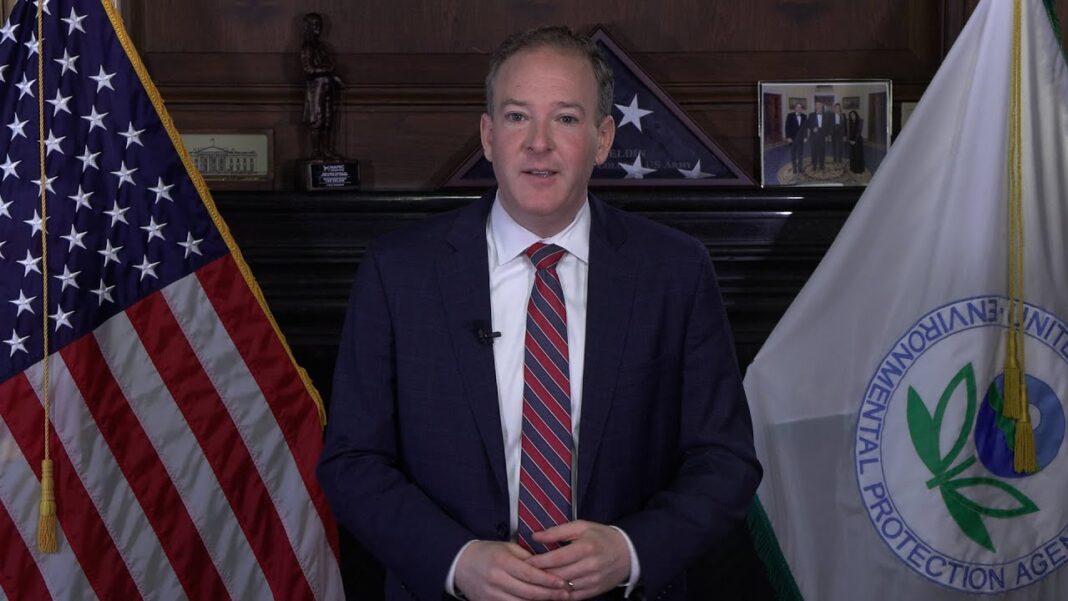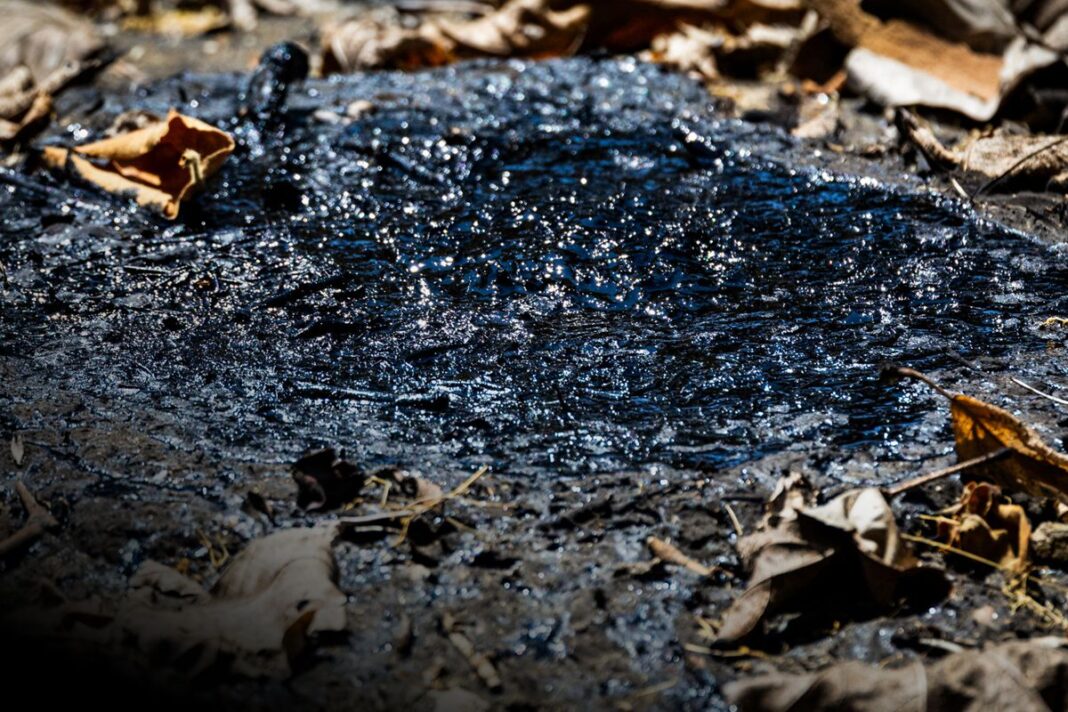When President Donald Trump won his second term in office he pledged to fix many of the problems facing America today. One of the most costly problems was that countries around the globe are allowed to engage in unfair trade practices with the United States. One example often used is automobiles whereby we import autos from other countries but they do not allow American automakers to export to sell in their countries. Or, if they do, they do not allow them to promote them as such. This is a big deal as cars/trucks are classified as “big ticket” items that can drive up a trade deficit in a hurry.
So President Trump enacted some trade tariffs that Democrats and some (supposed) expert economists immediately attacked as impractical and a move that will lead to a recession. Another common lie was that tariffs are “a tax on the American consumer”. Many thinking conservative Americans immediately called them out on such a lie. Logically, it can only be considered a tax on the American consumer if they are willing to buy the imported product.
I use this example to defend Trump’s tariffs; Let’s say an American consumer wants to buy a sport utility vehicle (SUV) from a German automaker but they see the new sticker price of these Trump tariffed vehicles and have sticker shock. So, instead, they opt to but a Cadillac, GM, Lincoln, or Wagoneer American model. How is that not Trump winning and good for America in the long run?
While tariffs can be a tax that can raise prices to consumers, they can also be a useful tool to protect U.S. jobs by stopping companies from moving their manufacturing overseas and encourage them to move back to the U.S. The term of offshoring is now being replaced by a new term of “reshoring”. We have recently reported about two major Midwestern companies of Harley-Davidson and John Deere looking to move jobs out of the U.S. to save a buck and avoid union labor costs. Now President Trump is forcing them to rethink their offshoring plans.
With President Trump’s announcement with Apple bringing new production facilities and jobs back to America in the form of a $600 billion dollar investment, we thought it would be a good time to list some of what we know, since the mainstream media seems unwilling to report this as news. The following corporations have told the Trump administration they are coming back to America in some form or another.
- Apple
- ArcelorMittal
- AstraZeneca
- Barrick Gold
- Broadcom
- Eli Lilly
- Encana
- GE Appliances
- GE Aerospace
- General Motors
- Guardian Bikes
- Honda
- Hyundai
- IBM
- Intel
- Johnson & Johnson
- Micron
- Nexo
- Nissan
- NVIDIA
- OCI Global
- Pandora
- Polymarket
- Restoration Hardware
- Rolls-Royce
- Sanofi
- Stellantis
- Texas Instruments
- TSMC
- Volkswagen
- Volvo
- Whirlpool
Another list is noted on the White House website here:
“TRUMP EFFECT: A Running List of New U.S. Investment in President Trump’s Second Term”
CONCLUSION:
Many other companies around the world such as electronics companies Samsung and LG are said to be in talks about how to respond to President Trump’s new tariffs. It is important to understand that President Trump is not the bad guy in all of this. Like many others he has been an advocate for either reciprocal tariffs or no tariffs at all.
Globalism and socialism is the enemy of capitalism and they never work. Their objective is to “spread the wealth” or “turn American makers into government takers”. That is why the following companies moved out of California for Texas leaving that state to fail without them:
- Caterpillar
- CBRE
- Charles Schwab
- Chevron
- HPE
- Oracle
- Tesla
- Toyota
It is also important to notice where these companies are building their new American factories and they are not the blue death spiral states run by the Democrats!
While liberal biased Artificial Intelligence (AI) applications fail to report what is really going on, accurately, Grok gave this summation which is very accurate:
“As of August 2025, over 40 major companies, including Apple, TSMC, Hyundai, Samsung, Honda, and Volvo, have announced manufacturing relocations or expansions to the US due to tariffs, per Reshoring Initiative reports and Reuters. This projects ~174,000 reshored jobs, though critics note higher consumer costs may limit long-term gains.”
Another impact from a second President Donald Trump term is companies who have been sold off to foreign interests are now also being reevaluated by stockholders and boards. Foreign ownership is eroding U.S. brands such as Anheuser-Busch (Belgian-Brazilian), Burger King (Canadian/Brazilian), Chrysler/Dodge/Jeep (Netherlands), Hellmann’s and Vaseline (Dutch/British), Molson Coors (Canada), and Smithfield (Chinese).
Another critical thought from President Trump is our previous administrations allowing certain sectors of our economy to move so totally to other countries actually can pose a national security threat. Two examples are pharmaceuticals and microchips. We learned about this when the COVID pandemic hit in 2020 and we found out 80% of our drugs are made in Asia. We learned our microchips are also made in Asia when fields of new F150 Ford pickups were seen at the Kentucky Speedway and locations in and around Detroit, Michigan, waiting for their microchips to complete them during the semiconductor shortage that began in 2021.
Trillions of dollars have now been pledged to reshore companies into our country creating hundreds of thousands of jobs for Americans in the near future.
© 2025 by Mark S. Schwendau








